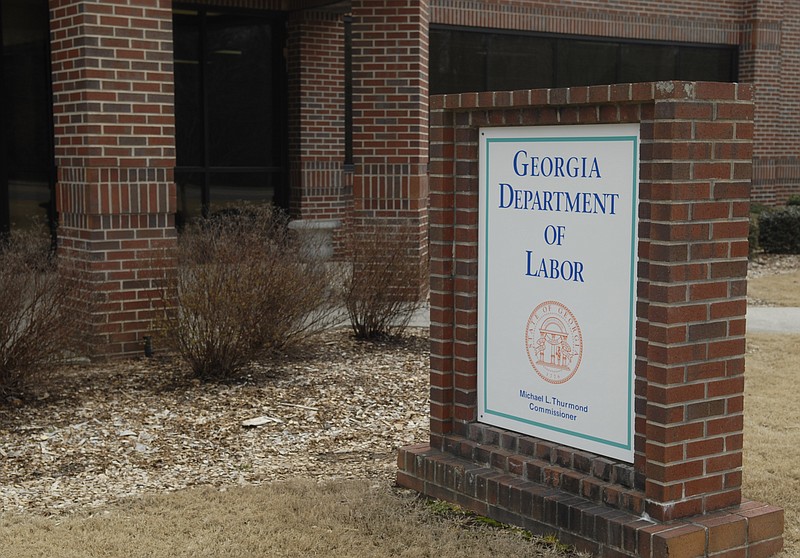DALTON, Ga. -- It's coming down to the wire for a business tax package its sponsor says is aimed at growing jobs and businesses in Georgia.
Friday is crossover day in the Georgia General Assembly, when all bills must pass from their respective houses to have a chance at becoming law this year.
The Jobs, Opportunity, Business and Success Act of 2010 must get through the House by then if it is to be considered by the Senate.
PDF: House Bill 1023 PDF: House Bill 1024
The bill focuses on expanding the private sector, said sponsor Tom Graves, the Ranger, Ga., Republican who resigned from the state House this week to run for Congress.
"Our proposal incorporates tax credits, cuts, incentives and elimination of some taxes to remove some barriers from businesses and barriers that stand between them and hiring another employee," Mr. Graves said.
Mr. Graves' campaign manager, Tim Baker, said the bill has support from "strong leaders."
"We're very hopeful, and we'd very much like to see the legislation make it through and be considered in the Senate," he said.
A similar bill passed the House and Senate last year, but Gov. Sonny Perdue vetoed it. His spokesman, Bert Brantley, said the 2009 JOBS Act significantly would have impacted the state budget, but sponsors this year have made a lot of changes so it would be less costly.
"If (the JOBS Act) passes, we'll look at it very closely," he said.
But, even if the bill becomes law, some in the Dalton area aren't sure it would bring job growth.
Jeff Schultz was laid off from Oriental Weavers of America about a year ago and still is looking for work.
He said he'd like to see the act become law, but he's not sure the proposed $2,400 tax credit per worker hired off unemployment benefits would be enough to help him and others get back to work.
But, said Mr. Schultz, "Some incentive (to create jobs) is better than none."
Charlie Bethel, human resources executive for J&J industries, said the bill will make hiring more likely in Georgia, but its proposed tax incentives alone won't grow jobs.
Citing uncertainties over health reform, proposed environmental legislation and the economy, he said, "I just don't know how much (the JOBS Act) is going to cause people to hire."
KEY ELEMENTS OF JOBS ACT* Temporarily eliminate state fees for start-up companies.* Award 50 percent of investments in small businesses back to investors.* Award $25 to $125 in quarterly unemployment insurance tax credits to companies for each employee hired who had been receiving unemployment benefits.* Award $2,400 tax credit to companies that hire workers off unemployment and keep them employed for at least two years.* Eliminate the net worth tax.* Trigger a statewide 50 percent reduction in the capital gains tax.* Gradually eliminate sales tax deposits for small businesses.Source: Tim Baker, campaign manager for Graves for Congress, House bills, newspaper archives
But, he added, "when they do hire it's going to give business the benefit of hopefully sustaining that employment by having to pay in less."
Mr. Bethel said, though, that the bookkeeping required to claim tax credits could make it harder for small businesses to reap the act's benefits.
Dalton-Whitfield Chamber of Commerce President and CEO Brian Anderson said his organization hasn't taken a position on the act. He said some provisions, such as a reduced capital gains tax, wouldn't go into effect until the state has a budget surplus.
"The state's not going to have a surplus for a number of years," he said.
Mr. Anderson said the chamber will support "any and all job creation or economic development initiatives that are one, cost effective, and two, cost neutral."
But, he said, companies are more concerned about state-level cuts to K-12 and higher education and the lack of a comprehensive approach to financing transportation.
"Getting those fixed will have more effect on the long-term viability of the state," he said.
